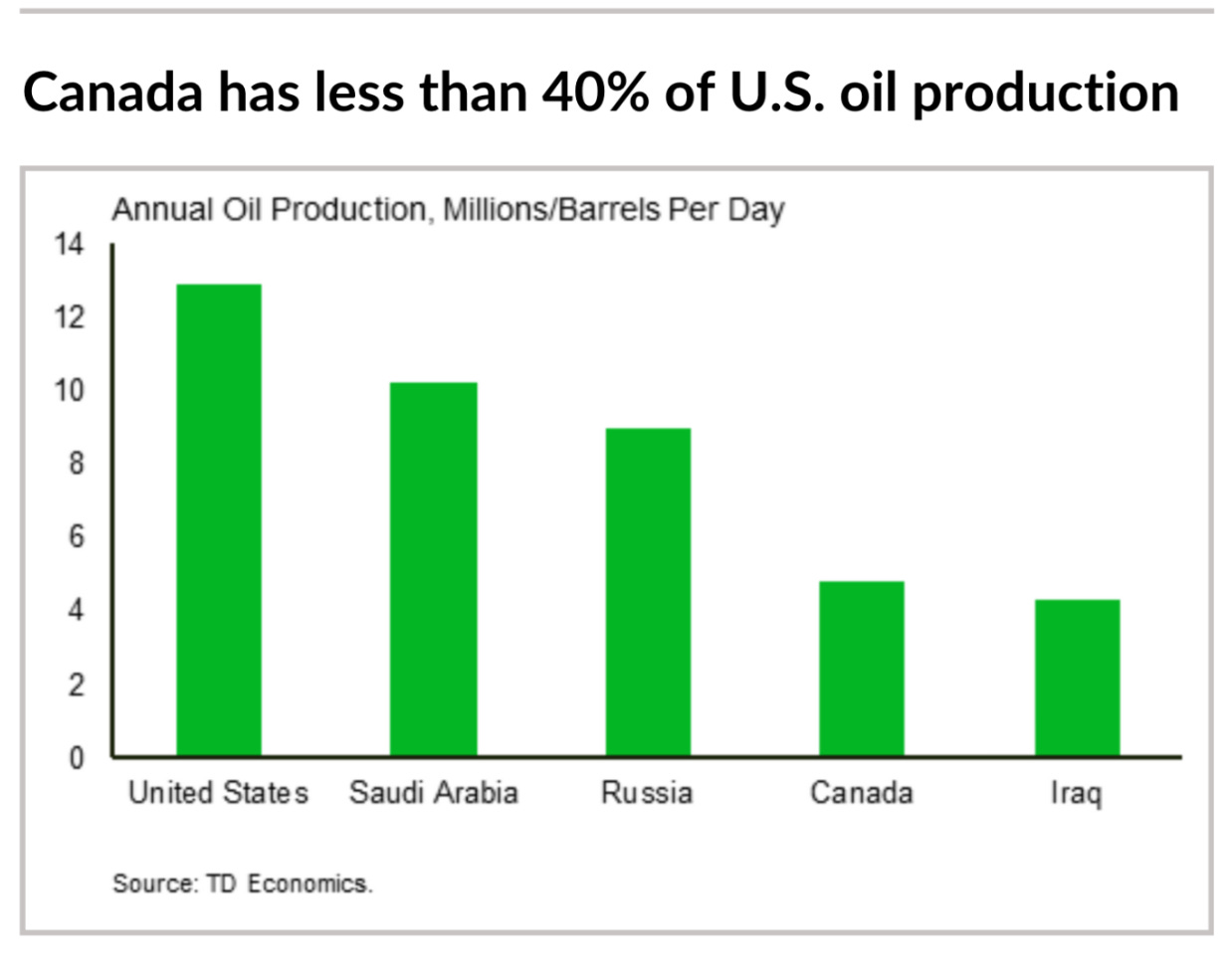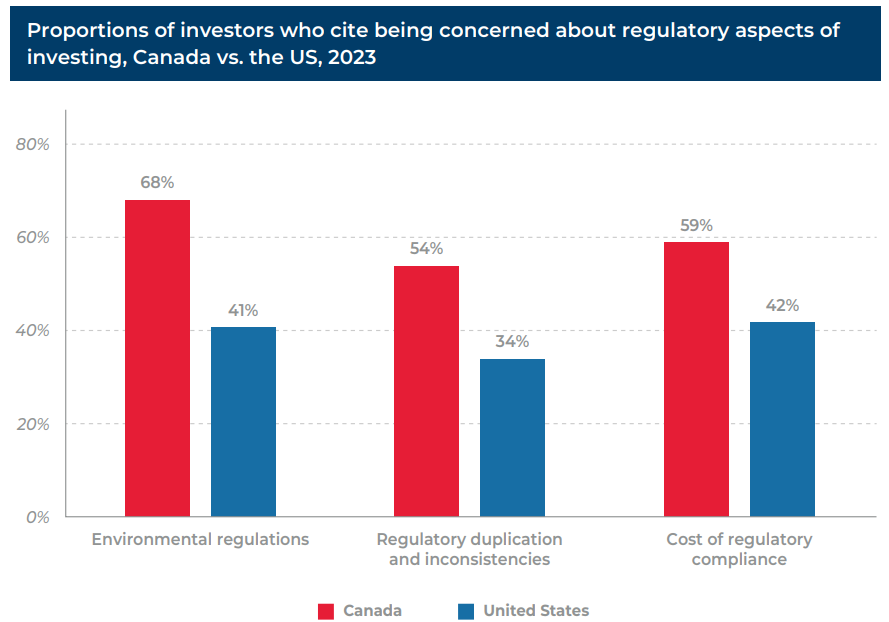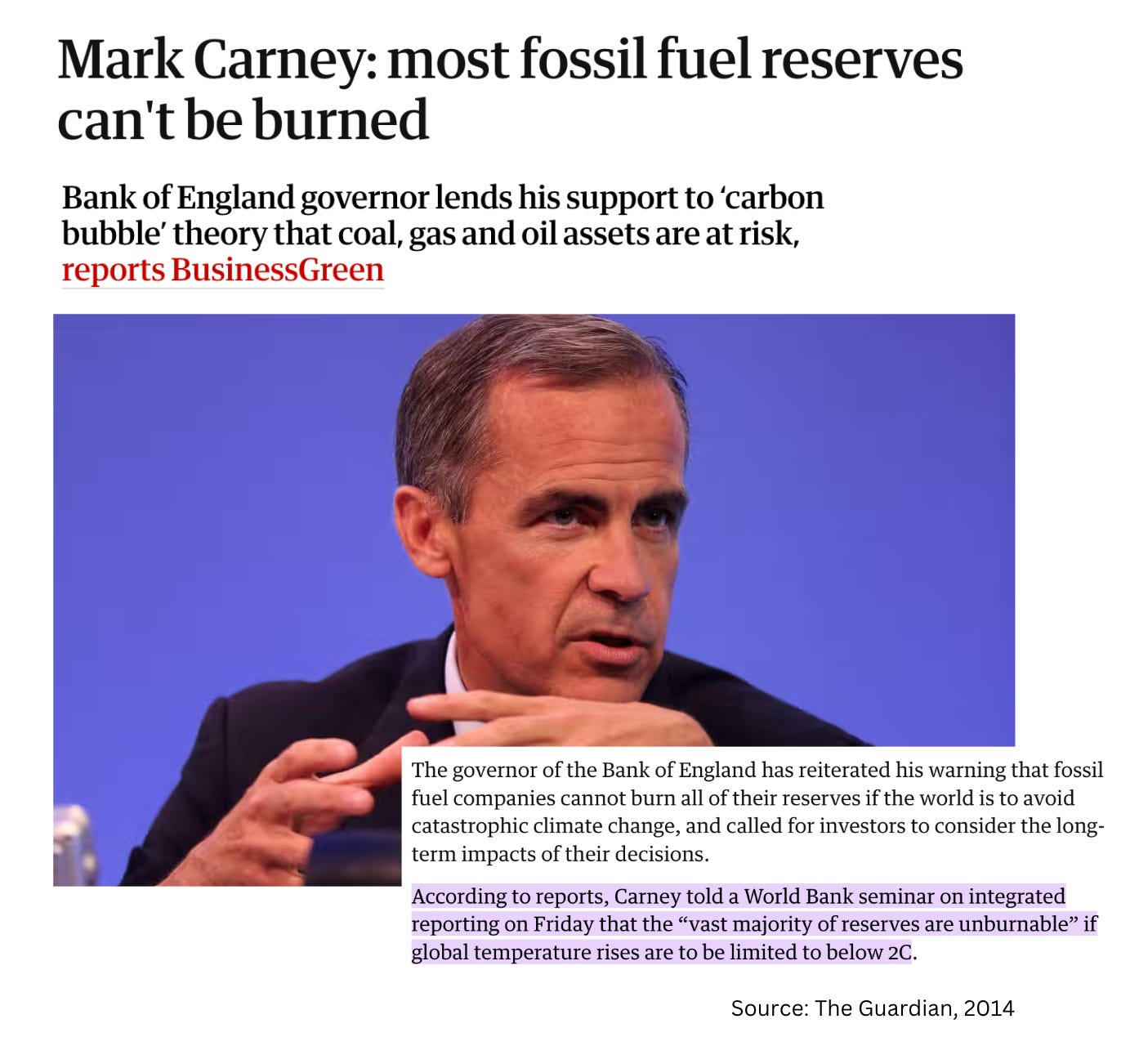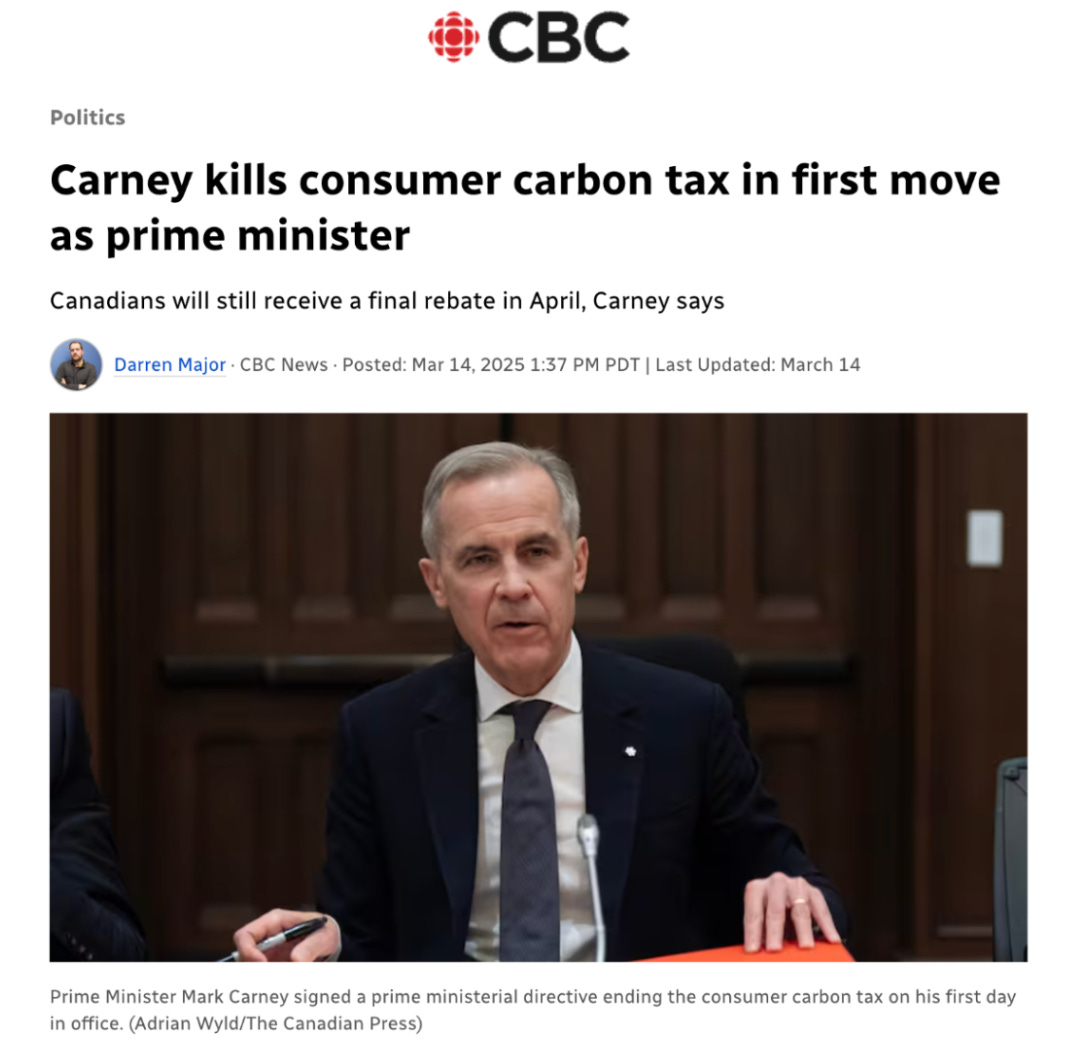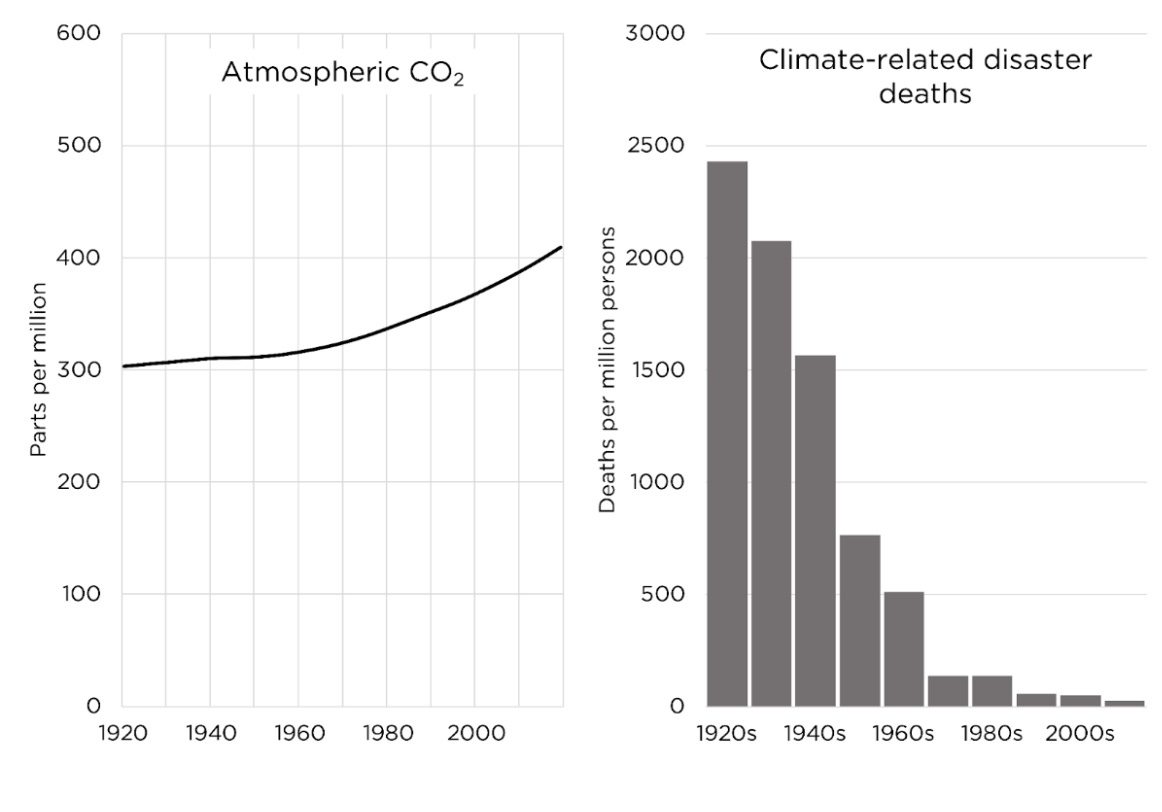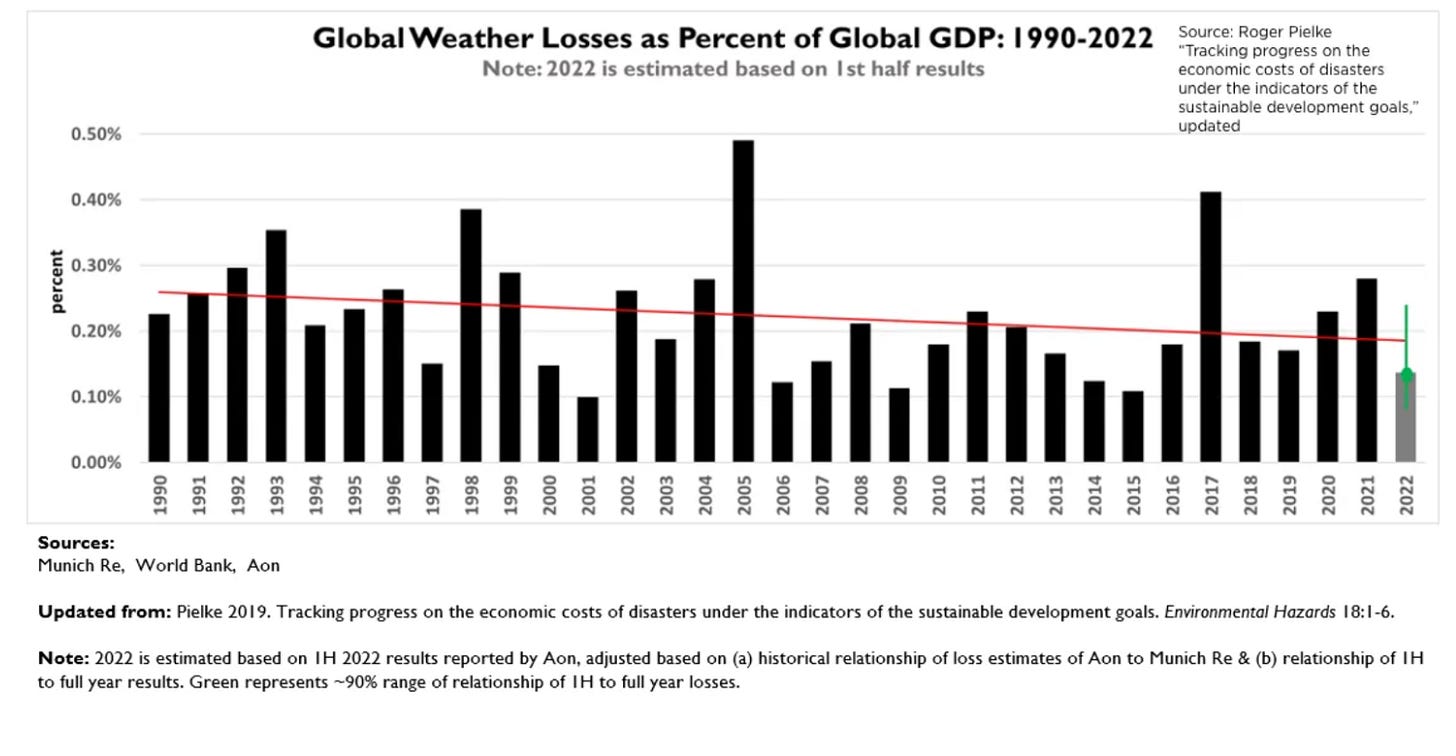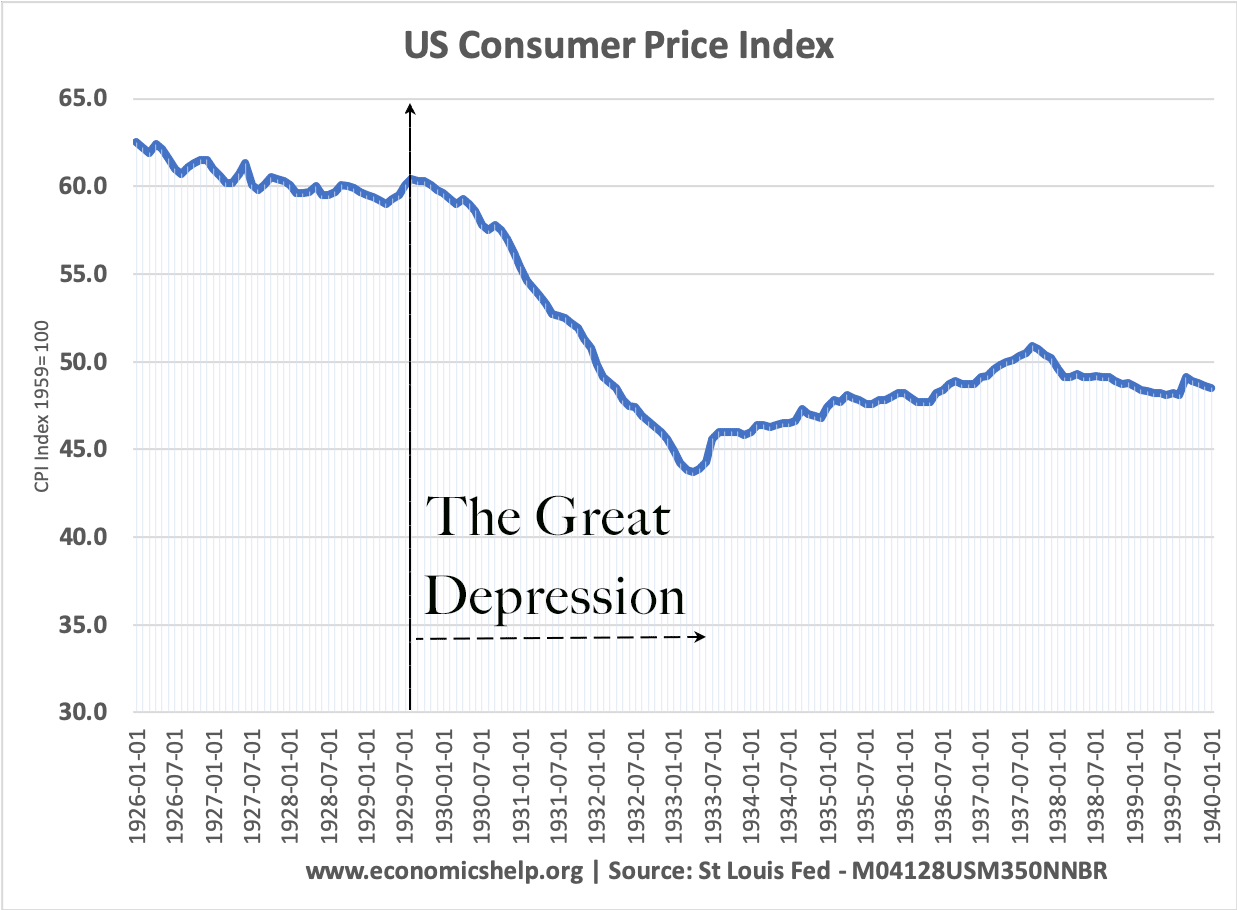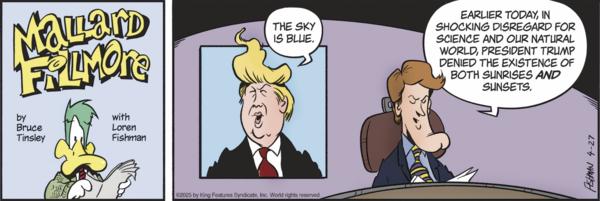
Canada is squandering the greatest oil opportunity on Earth
Canada has the greatest oil opportunity on Earth: > 3 times the reserves of the US, with lower production costs
Canada has 170 billion barrels of proven oil reserves—by far the largest of any free country. And its producers can profit at $44 oil, vs. >$57 for US shale.
Canadian oil production is also continuing to get cheaper. Oil sands operating costs have dropped 19% over the past five years, and the industry—which is still fine-tuning how to coax oil-like bitumen out of oil sands—has substantial room for further cost reductions.
In addition to its massive proven oil reserves, Canada also has massive unexplored oil resources. Canada’s Northwest Territories may contain up to 37% of Canada’s total oil reserves, much of it light crude, which is even cheaper to extract and transport than bitumen from oil sands.
Canada is squandering this opportunity, with < 40% of US production and much slower growth
Given Canada’s massive oil reserves and lower production costs, Canadian oil should have been growing far faster than US oil—on a path to producing even more oil than the US does.
Instead, Canada is totally squandering its oil opportunity, with less than 40% of US production and slower growth since 2010.
The lost opportunity is costing Canadians 100s of billions of dollars a year—and undermining global security
In 2023, oil sands directly contributed C$38 billion to GDP—while total economic impact was 100s of billions of dollars. It could have been far, far greater.
Canada’s oil underproduction is undermining both Canadian prosperity and global security. E.g., Europe’s dependence on Russian oil triggered an energy crisis after Russia invaded Ukraine. By doubling its oil production, Canada could make oil dictators weaker, the free world stronger—and Canada more powerful.
The cause: False climate ideas have led Canada to senselessly strangle its oil industry
Canada is squandering its oil opportunity by preventing its abundant oil from being transported to world markets
With 3X US oil reserves but 1/8 the people, Canada can produce far more oil than it can use. So it needs a lot of transportation. Yet it wages war on pipelines, which are the cheapest, fastest, safest way to transport oil.
In 2016, the Canadian government rejected the Northern Gateway pipeline from Alberta to B.C. after nearly a decade of review, citing insufficient Indigenous consultation. The pipeline would have carried 535K barrels of oil per day to Asia-Pacific markets, generating ~C$300B in GDP over 30 years.
To make matters worse, several years after the cancellation of the Northern Gateway pipeline, Canadian Parliament passed Bill C-48 (the Oil Tanker Moratorium Act), banning large oil tankers from calling at northern B.C. ports and effectively shutting the door on any future pipeline to that region.
In 2017, TC Energy canceled their Energy East pipeline project after the Canadian government demanded they calculate all of its indirect GHG emissions. The pipeline would have carried 1.1M barrels per day of Albertan and Saskatchewan oil to Eastern Canada, generating ~C$55B in GDP over 20 years.
The Trans Mountain Expansion (TMX), operational in 2024, is Canada’s only new major pipeline in over a decade. Proposed in 2012, it barely survived years of political hurdles, progressing only after the federal government bought it in 2018. By completion, its costs had ballooned from the projected C$7.4B to C$34B.
The main government-created obstacle for pipelines in Canada is the onerous federal “environmental review” process called the Impact Assessment Act (IAA), and before that, its precursor, the Canadian Environmental Assessment Act (CEAA).
Under the Impact Assessment Act, the Canadian government can effectively veto a pipeline project by deeming it not in the “public interest,” as determined by factors including “sustainability,” alignment with climate goals, and impacts on Indigenous groups—but not economic benefits (!)
Before the Impact Assessment Act was instituted in 2019, pipelines faced similarly onerous environmental reviews under its precursor, the Canadian Environmental Assessment Act (CEAA). Under CEAA, government could veto projects it judged to cause “significant adverse environmental effects,” a vague and open-ended criteria.
Even if a pipeline project isn’t formally rejected by the Canadian government, the environmental review process can stretch on for years—often causing projects to collapse from escalating costs or investors withdrawing amid uncertainty. This is exactly what happened with the Energy East pipeline in 2017.
If Canada built ample transportation, it would have the potential to produce even more oil than the US does and sell it around the world. Instead, its production is < 40% of the US’s, and 97% of its exports are to the US—at below-market prices.
Canada is also strangling oil investment, production, and refining
Canada isn’t just strangling oil transport, it’s sabotaging oil at every stage—from Mark Carney’s proposed emissions cap to “Clean Fuel Regulations” to EV mandates to drilling bans to refinery restrictions.
Investment in Canadian oil plunged over 50% (C$76B to C$35B) between 2014-2023—with investors pointing to regulatory uncertainty, inconsistencies, and compliance costs as major barriers to investments.
A further looming threat to oil investment is the proposed cap on oil and gas sector GHG emissions. If implemented, as promised by Mark Carney’s government, this proposal will require the oil industry to reduce its GHG emissions to 35% of the 2019 level, which would significantly discourage investment and production.
The Clean Fuel Regulations (CFRs), which mandate that Canadian fossil fuel producers reduce the emissions from fuels to 15% lower than 2016 levels by 2030, harms Canadian oil production by significantly increasing the cost of production and thus decreasing the domestic demand for gasoline and diesel.
Canada’s EV mandate, which requires that 20% of vehicles sold in 2026, at least 60% of vehicles sold in 2030, and all new vehicles sold in 2035 are electric, harms Canadian oil production by greatly reducing the demand for gasoline and diesel.
Canada’s consumer carbon tax, which until earlier this month imposed a fee of C$80 per ton of CO2, harmed Canadian oil production by raising gasoline prices by 17.6 cents per litre, thereby decreasing demand. Though this tax has been repealed, gasoline and diesel remain subject to the industrial carbon tax.
In addition to measures that heavily disincentivize oil production, the federal government also directly limits production through moratoria on oil development on Canada’s Pacific and Arctic coasts, blocking access to hundreds of billions of barrels of oil.
On top of Canada’s oil underinvestment and underproduction, Canadian oil refining has stagnated, with Canada’s refineries able to process less than half of the oil it produces and only one new refinery built since the 1980s.
The leading stranglers of Canadian oil, such as Trudeau and Carney, say they are protecting Canada and the world from a climate crisis
The root cause of Canada’s squandered oil opportunity is leaders’ belief that world’s coldest country must stop global warming at all costs.
That’s why they advocate pursuing “net zero” by 2050—which necessarily means destroying Canada’s domestic oil industry.Canada has embraced climate catastrophism for over 3 decades now. For example, it was one of the original signatories of the UN Framework Convention on Climate Change (UNFCCC) in 1992. The UNFCCC has been the driving force behind “net zero” policies.
Justin Trudeau took Canadian anti-oil policy to a new level, making the destruction of Canada’s oil opportunity a central focus: “We need to phase [oil sands] out,” he said in 2017, “We need to manage the transition off of our dependence on fossil fuels.”
While Trudeau’s opposition to Canadian oil and therefore its economy is well-known, most Canadians do not know that Mark Carney is a far more committed opponent of Canadian oil than Justin Trudeau ever was. Indeed, Carney is one of the world’s leading “net zero” advocates.
The last several decades of Mark Carney’s career have been focused on pressuring countries like Canada to adopt “net zero” policies that have proved ruinous. He did this as the head of the Bank of Canada and the Bank of England, and as the UN Special Envoy for Climate Action.
Mark Carney’s past statements on climate include:
“investing for a net-zero world must go mainstream” (2019)
“those that fail to adapt [to net-zero] will cease to exist” (2019)
“build a financial system in which every decision takes climate change into account” (2021)
Myth: Mark Carney used to be for carbon taxes but has changed his mind, as shown by his elimination of Canada’s carbon tax.
Truth: Carney is still for carbon taxes—because he is still for the net-zero agenda that requires taxing CO2 along with all other means to eliminate fossil fuels.
But while climate change is real, it is not a crisis—thanks to increasing resilience—nor is it addressed by unilateral Canadian sacrifice
Far from facing a catastrophic climate crisis, Canada and the world are safer than ever from climate.
The global rate of climate disaster-related deaths has fallen 98% in the last 100 years—thanks to increasing climate resilience from reliable, affordable energy, including oil.Myth: Even if climate-related disaster deaths are down, climate-related damages are way up, pointing to a bankrupting climate future.
Truth: Even though there are many incentives for climate damages to go up—preferences for riskier areas, government bailouts—GDP-adjusted damages are flat.
Sacrificing Canadian oil won’t make the coldest country in an increasingly climate-resilient world safer from global warming—since countries like China and India will never follow suit. What it will do is leave Canada far poorer, weaker, and more endangered from lack of energy.
The solution: Unleashing responsible oil development will make Canada rich, resilient, and secure
The rational path forward on climate is to embrace prosperity, which drives resilience and energy innovation
Canada is safer than ever from climate, and other countries won’t cut emissions until it’s truly cost-effective to do so. The path forward is to embrace prosperity.
The more prosperous Canada is, the more it can make itself more and more resilient to all manner of climate dangers. And the more prosperous Canada is, the more it can innovate new forms of energy that have the long-term prospect of outcompeting fossil fuels.
The number one path to Canadian prosperity is unleashing responsible development in the oil industry and other energy industries
Canada must finally seize its enormous oil opportunity, unleashing investment, production, refining, and transport from irrational restrictions. Only then can Canada can deliver oil to eager markets worldwide.
Canada should renounce its pledge to achieve “net zero by 2050” by repealing the Net-Zero Emissions Accountability Act where it is enshrined and withdrawing from the Paris Agreement. This will massively increase investor certainty about the future viability of the oil industry.
Canada should reject the proposed GHG emissions cap for the oil industry. Canadian provinces that have their own carbon taxes and emission credit trading schemes should eliminate them too. This will improve investor expectations about the oil industry’s future viability.
Canada should repeal the Impact Assessment Act (IAA) and replace it with a framework that minimizes the cost and duration of reviews and enshrines clear and narrow criteria for rejecting projects. This will help build more oil pipelines and reduce investor uncertainty about environmental regulations.
Canada should revise the Canadian Energy Regulator Act (CERA) by limiting the certification review of the covered oil pipeline projects to the question of whether there is sufficient proven demand for the oil they are planning to transport. This will expedite pipeline approval.
Canada should repeal the Oil Tanker Moratorium Act (Bill C-48), which bans large oil tankers off the northern and central coast of British Columbia. This will open the door to building pipelines to B.C. that can transfer oil to crucial Asian markets.
Canada should repeal the Clean Fuel Regulations (CFR) and the EV mandate. This will boost investor confidence in oil by increasing both current and anticipated domestic demand for oil-derived fuels.
Canada should repeal the federal moratoria on offshore oil drilling on the Pacific Coast and in the Canadian Arctic. This will unlock up to hundreds of billions of barrels of Canadian oil.
To stop squandering the world’s greatest energy opportunity, Canada must start electing leaders who value Canadian energy, and stop electing leaders with a proven track record of destroying it.
Daniil Gorbatenko, Steffen Henne, and Michelle Hung contributed to this piece.
Questions about this article? Ask AlexAI:
Popular links
EnergyTalkingPoints.com: Hundreds of concise, powerful, well-referenced talking points on energy, environmental, and climate issues.
My new book Fossil Future: Why Global Human Flourishing Requires More Oil, Coal, and Natural Gas—Not Less.
“Energy Talking Points by Alex Epstein” is my free Substack newsletter designed to give as many people as possible access to concise, powerful, well-referenced talking points on the latest energy, environmental, and climate issues from a pro-human, pro-energy perspective.

Whenever inflation hits, the blame is placed on greed. Greedy fat-cat capitalists or “corporate greed” has gotten out of hand.
Here are three shattering questions it never occurs to the blamers to ask:
Are falling prices in depressions caused by lack of greed?
What about the greed of buyers and employees?
What is greed and why is it considered economically powerful?
And falling prices are caused by . . .?
It’s been a long time since significant deflation has hit us, but it sure did in the Great Depression:
The “fat cats” were jumping to their death from Wall Street ledges—because of their lack of greed?
Various ad hoc devices could be called upon here: “the greed was the roaring twenties and the crash was the crack-up of that boom”; “there was a world-wide contraction”; “speculative bubbles burst.” Okay, but why don’t they call on any devices to explain inflation? No, the appeal to greed is satisfying. It answers all questions. Why? What is it about greed that bypasses logical, analytical thought?
A full answer to that question will have to wait for the climax of this post. For now, let’s just note that “greed” is classed as one of the seven deadly sins.
What about the others’ greed?
Like sellers, buyers want to get the most value at the least cost. Why does their greed not play a role?
Employees are sellers, selling their labor services to employers. If the greed of a seller determines the price of the sale, then salaries and wages should be sky-high and rising.
The chief reply here is that the “little guy” has scant bargaining power against the giant corporation. But there’s no issue of power here. This is not a clash of armies, it’s a negotiation.
I resist going into how prices are set by supply and demand because my point is that the greed of the favored side is simply never considered. No one ever looks angrily at the poor and tells them to stop being greedy. Greed by those who have less is not looked at, because it is held to be morally proper.
What is greed?
A morally neutral definition of “greed” would be: an intense desire to have ever more wealth. But that definition would not lead one astray, economically. The definition behind the attacks on the rich is: greed is an intense desire to have more than one deserves.
What does one deserve? An equal share of the available wealth. Why? What entitles anyone to any given amount of wealth? Christianity and Marxism unite in saying: need.
“From each according to his ability, to each according to his need.” Marx, “Critique of the Gotha Program”
“Do nothing out of selfish ambition or vain conceit. Rather, in humility value others above yourselves, not looking to your own interests but each of you to the interests of the others.” Philippians 2:3-4
“. . sell all that you have and give to the poor” Mark 10:21
The whole meaning of the Christ legend is "For God so loved the world that He gave His only begotten Son” John 3:16
Am I then saying that the whole reason for blaming things on the rich is the morality of self-sacrifice?
Yes. That’s exactly what I’m saying.
Whether it’s in the form of religion or the secularized version of it advocated by Kant, Comte, Marx, and sundry egalitarians, it’s the anti-achievement morality that blinds people to known economic law.
Those who believe a practice is evil are set up to think it is also destructive. That is why they rest with as silly an explanation for rising prices as greed.
Why do baseless biblical notions of what is moral persist in the modern world?
Because all roads lead back to philosophy. And philosophers, starting with David Hume, have convinced themselves, and taught us, that reason cannot enter the field of morality, that “is” and “is not” are factual matters to be settled by science, but “ought” and “ought not” are value-issues, which must be ceded to faith and feelings.
The purpose of a moral code is to provide guidance for the individual, to identify what, in principle, is good for his life or destructive of it. If reason is barred from providing guidance, the only human faculty left that could seem to supply it is feelings. And this is indeed what moral philosophers, from Kant onwards, appeal to.
For Kant, the appeal was to an intuition of a hidden, mystical dimension (noumenal reality); for contemporary philosophers, it’s “our intuitions”—without even the (made-up) noumenal realm. We “just feel” that Mother Teresa is a moral hero and Bill Gates is not. And the duty to serve “the most vulnerable among us” is a “shared intuition” we all have.
Well, some of us don’t. Some of us demand the application of reason to all fields—to ethics most of all. Some of us salute this from Ayn Rand:
Now there is one word - a single word - which can blast the morality of altruism out of existence and which it cannot withstand - the word: "Why?"
Why must man live for the sake of others? Why must he be a sacrificial animal? Why is that the good? There is no earthly reason for it - and, ladies and gentlemen, in the whole history of philosophy no earthly reason has ever been given.
[“Faith and Force: The Destroyers of the Modern World” in Philosophy: Who Needs It]
A widespread understanding of the economics of freedom will not come until the bogey man of “greed” and the biblical injunctions to sacrifice yourself are replaced by the morality of value-achievement, the morality of rational self-interest.
The logical proof of that morality, a proof that slices through the Humean-Gordian knot, can be found in Rand’s “The Objectivist Ethics,” in The Virtue of Selfishness: A New Concept of Egoism.
(Hint: the proof is inductive, not deductive. See my letter to philosopher Robert Nozick, reprinted by the Ayn Rand Society an affiliated group of the American Philosophical Association.)


